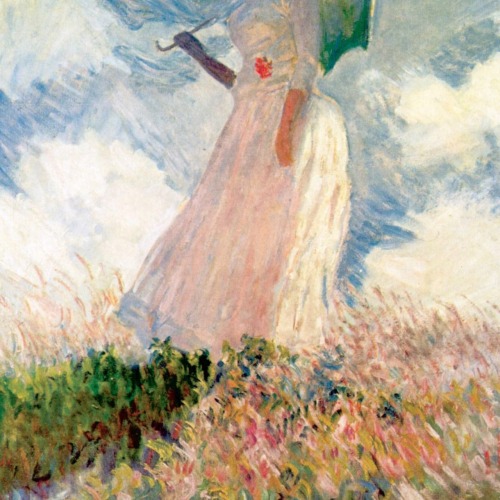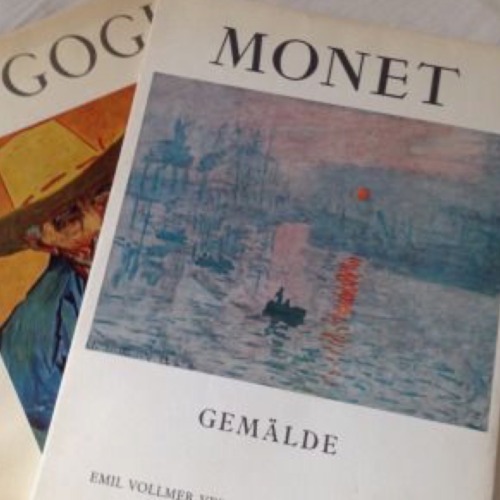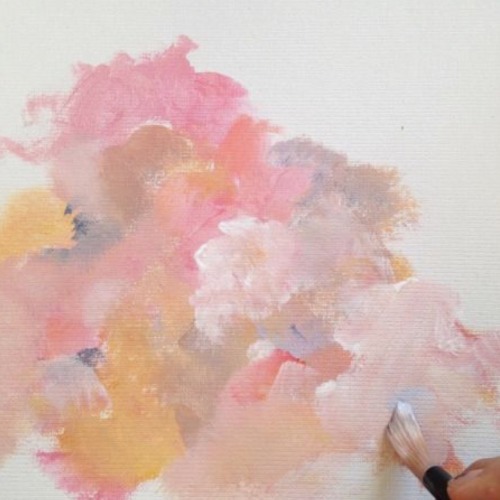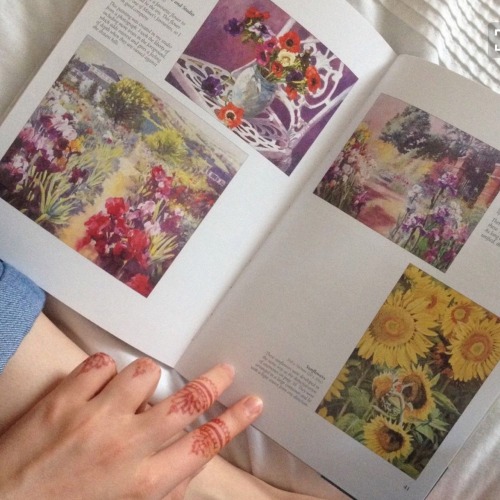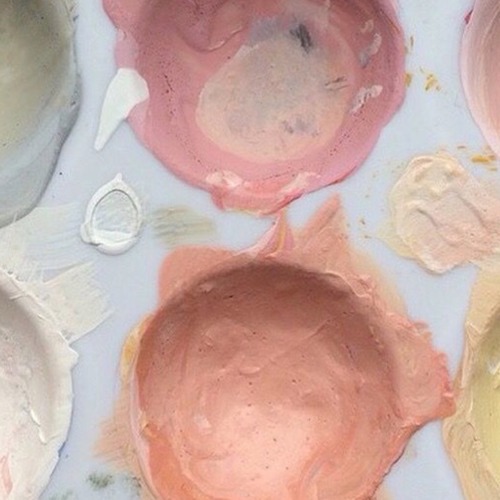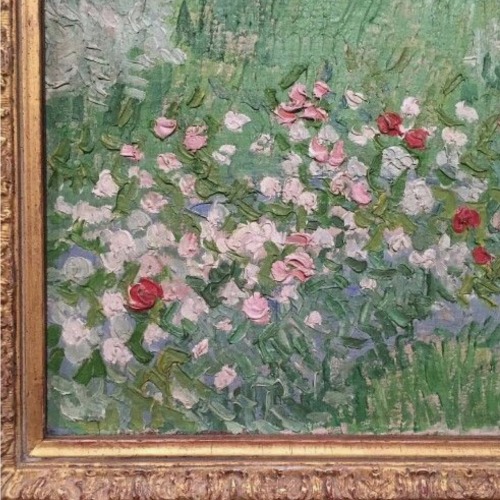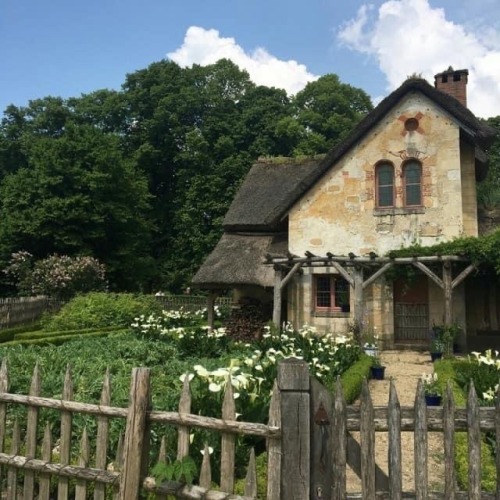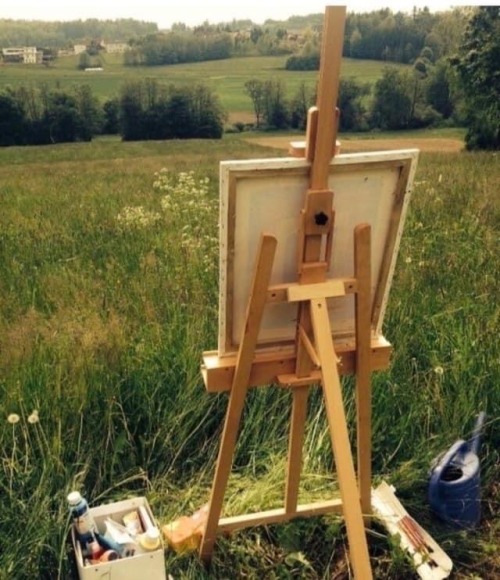Theblogofwildfellhall

More Posts from Theblogofwildfellhall and Others
french linking words 🌿
Ainsi – Thus, In This/That Manner
La fée transforma ses jambes en queue de poisson, et ainsi, la princesse devint une sirène. The fairy transformed her legs into a fish tale, and thus, the princess became a mermaid.
C’est Ainsi Que – It’s This Way
Elle a travaillé dur pendant dix ans. C’est ainsi qu’elle a gagné la compétition. She worked hard for 10 years. She won the competition that way.
Alors – Then, So, Hence
Jean Noël ne pouvait pas supporter le bruit dans le club, alors il est sorti. JN couldn’t bear the noise in the club, so he went out.
Alors Que – While, Whereas, When
Alors que Sophie aime le jazz, Marie déteste ça. Whereas Sophie loves jazz, Mary hates it.
Aussitôt Que –As Soon As
Aussitôt que la chatte s’est endormie, les souris se sont montrées.
As soon as the cat fell asleep, the mice showed themselves.
D’autant Plus – All The More
Il partageait sa passion de la danse. Elle l’aimait d’autant plus. He shared her passion for dance. She loved him all the more.
D’autant Plus Que – Even More So Since
Je suis vraiment déçue. D’autant plus que je lui avais dit de venir chez nous. I am really disappointed. Even more so since I told him to come to our house.
Bien Que – Even Though (*Followed By The Subjunctive)
Elle l’a fait, bien qu’elle n’en ait pas eu envie. she did it even though she didn’t feel like it.
Si Bien Que – Hence
Ils parlaient à demi-voix si bien qu’elle ne pouvait pas les entendre. They spoke softly, hence she couldn’t hear them.
Cependant – Nevertheless, Meanwhile, However
Je ne suis pas de son avis. Cependant je le suivrai. I don’t share his opinion. Nevertheless I will follow it.
Dès – Since, From
Dès ce moment, il a refusé de parler d’elle. From that moment, he refused to talk about her.
Dès Que – As Soon As
Je te téléphonerai dès qu’elle arrivera. I’ll call you as soon as she gets here.
En Tant Que – As (A)
En tant qu’ingénieur, elle est très précise. As an Engineer, she is very precise.
Lorsque – When
Ils ont cueilli les cerises lorsqu’elles étaient mûres. They picked the cherries when they were ripe.
Malgré – Despite
Malgré son effort, cela n’a pas suffi. Despite her efforts, it wasn’t enough.
Même Si – Even If
Il ira même si elle n’y va pas. He’ll go even if she doesn’t.
À Moins Que – Unless (*Followed By The Subjunctive)
Vous ne pourrez pas voir la directrice à moins que vous ayez un rendez-vous. You will not be able to see the director unless you have an appointment.
Néanmoins – However, Nevertheless, Nonetheless
Elle avait peu d’argent néanmoins elle lui a tout donné. She had little money, but she gave all to him nonetheless.
Pendant Que – While, As
Marc étudie la chimie pendant qu’il écoute la radio. Marc studies chemistry while he is listening to the radio.
Pour Que – So That (*Followed By The Subjunctive)
Il a couru pour qu’elle ne l’attende pas trop longtemps. He ran so that she wouldn’t wait for him too long.
Pourtant – Although, Still, Nevertheless
La femme a plus de quarante ans, mais c’est pourtant une beauté. The woman is over forty, but she is nevertheless a beauty.
Puisque – Since, Because, As, Seeing That, For That Reason
Puisque sa maman ne voulait pas jouer au Monopoly, le petit garçon est sorti jouer dehors. Since his mother didn’t want to play Monopoly, the boy went to play outside.
Quand Même – Even Though, All The Same, Nevertheless
Ce n’est pas lui qui chantait le mieux, mais il a gagné la compétition quand même. He wasn’t the best singer, but he won the contest all the same.
Quant À – As For
Quant à lui, il préfère ne pas discuter de ce sujet dangereux. As for him, he’d rather not talk about this dangerous topic.
Quoique – Though, Although (*Followed By The Subjunctive)
Quoiqu’elle ne sourie pas beaucoup, en réalité elle est très contente. Although she doesn’t smile much, in fact she is really happy.
Quoi Que – Whatever, No Matter What (*Followed By The Subjunctive)
Quoi qu’il dise, elle ne le croit pas. Whatever he might say, she won’t believe him.
Sinon – Except, If Not, Otherwise, Except That, Unless
Ne sors pas sans manteau, sinon tu vas attrapper froid. Don’t go out without a jacket, otherwise you’ll catch a cold.
Tandis Que – Whereas, While
Il préfère aller à la plage pour les vacances, tandis qu’elle préfère aller à la montagne. He likes to go to the beach for vacations, whereas she prefers the mountains.
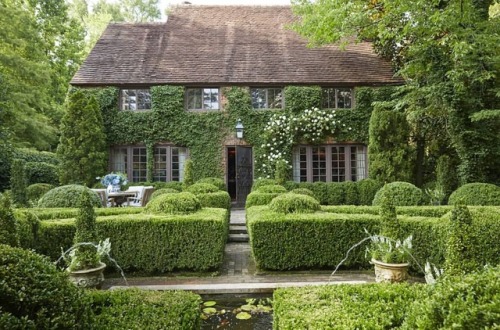
Le Petit Prince - quotes 🌠
Le Petit Prince (1943) is a novel by Antoine de Saint Exupéry, translated into English as The Little Prince.
🌟 1. Les grandes personnes ne comprennent jamais rien toutes seules, et c’est fatigant, pour les enfants, de toujours et toujours leur donner des explications.
Grown-ups never understand anything by themselves, and it is tiresome for children to be always and forever explaining things to them.
🌟 2. Quand le mystère est trop impressionnant, on n’ose pas désobéir.
When a mystery is too overpowering, one dare not disobey.
🌟 3. La preuve que le petit prince a existé c’est qu’il était ravissant, qu’il riait, et qu’il voulait un mouton. Quand on veut un mouton, c’est la preuve qu’on existe.
The proof that the little prince existed is that he was charming, that he laughed, and that he was looking for a sheep. If anybody wants a sheep, that is a proof that he exists.
🌟 4. Mais les graines sont invisibles. Elles dorment dans le secret de la terre jusqu’à ce qu’il prenne fantaisie à l’une d’elles de se réveiller…
But seeds are invisible. They sleep deep in the heart of the earth’s darkness, until some one among them is seized with the desire to awaken.
🌟 5. Il ne faut jamais écouter les fleures. Il faut les regarder et les respirer. La mienne embaumait ma planète, mais je ne savais pas m’en réjouir.
One never ought to listen to the flowers. One should simply look at them and breathe their fragrance. Mine perfumed all my planet. But I did not know how to take pleasure in all her grace.
🌟 6. Tu as des cheveux couleur d’or. Alors ce sera merveilleux quand tu m’aura apprivoisé! Le blé, qui est doré, me fera souvenir de toi. Et j’aimerai le bruit du vent dans le blé…
You have hair that is the color of gold. Think how wonderful that will be when you have tamed me! The grain, which is also golden, will bring me back the thought of you. And I shall love to listen to the wind in the wheat…
🌟 7. On ne connaît que les choses que l’on apprivoise, dit le renard. Les hommes n’ont plus le temps de rien connaître. Il achètent des choses toutes faites chez les marchands. Mais comme il n’existe point de marchands d’amis, les hommes n’ont plus d’amis. Si tu veux un ami, apprivoise-moi!
“One only understands the things that one tames,” said the fox. “Men have no more time to understand anything. They buy things all ready made at the shops. But there is no shop anywhere where one can buy friendship, and so men have no friends any more. If you want a friend, tame me…”
🌟 8. Le langage est source de malentendus.
Words are the source of misunderstandings.
🌟 9. Voici mon secret. Il est très simple : on ne voit bien qu’avec le coeur. L’essentiel est invisible pour les yeux.
And now here is my secret, a very simple secret: It is only with the heart that one can see rightly; what is essential is invisible to the eye.
🌟 10. C’est le temps que tu as perdu pour ta rose qui fait ta rose si importante.
It is the time you have wasted for your rose that makes your rose so important.
🌟 11. Tu deviens responsable pour toujours de ce que tu as apprivoisé. Tu es responsable de ta rose…
You become responsible, forever, for what you have tamed. You are responsible for your rose…
🌟 12. - Les enfants seuls savent ce qu’ils cherchent, fit le petit prince. Ils perdent du temps pour une poupée de chiffons, et elle devient très importante, et si on la leur enlève, ils pleurent…
“Only the children know what they are looking for,” said the little prince. “They waste their time over a rag doll and it becomes very important to them; and if anybody takes it away from them, they cry…”
🌟 13. Ce qui embellit le désert, dit le petit prince, c’est qu’il cache un puits quelque part…
“What makes the desert beautiful,” said the little prince, “is that somewhere it hides a well…”
🌟 14. Dessine-moi un mouton!
Draw me a sheep!
🌟 15. Quand on a terminé sa toilette du matin, il faut faire soigneusement la toilette de la planète.
When you’ve finished getting yourself ready in the morning, you must go get the planet ready.
🌟 16. J'aime bien les couchers de soleil. Allons voir un coucher de soleil…
I am very fond of sunsets. Come, let us go look at a sunset…
🌟 17. On ne sait jamais!
“One never knows!”
🌟 18. Il faut exiger de chacun ce que chacun peut donner, reprit le roi. L'autorité repose d'abord sur la raison. Si tu ordonnes à ton peuple d'aller se jeter à la mer, il fera la révolution. J'ai le droit d'exiger l'obéissance parce que mes ordres sont raisonnables. Alors mon coucher de soleil ? rappela le petit prince qui jamais n'oubliait une question une fois qu'il l'avait posée. Ton coucher de soleil, tu l'auras. Je l'exigerai. Mais j'attendrai, dans ma science du gouvernement, que les conditions soient favorables.
“One must command from each what each can perform,” the king went on. “Authority is based first of all upon reason. If you command your subjects to jump into the ocean, there will be a revolution. I am entitled to command obedience because my orders are reasonable.” “Then my sunset?” insisted the little prince, who never let go of a question once he had asked it. “You shall have your sunset. I shall command it. But I shall wait, according to my science of government, until conditions are favorable.”
🌟 19. C'est véritablement utile puisque c'est joli.
It is truly useful since it is beautiful.
🌟 20. ‘Où sont les hommes ?’ reprit enfin le petit prince. 'On est un peu seul dans le désert.’ 'On est seul aussi chez les hommes’, dit le serpent.
“Where are the people?” resumed the little prince at last. “It’s a little lonely in the desert…" "It is lonely when you’re among people, too,” said the snake.
🌟 21. Vous êtes belles, mais vous êtes vides…. On ne peut pas mourir pour vous.
You’re beautiful, but you’re empty…. No one could die for you.
🌟 22. Les hommes ont oublié cette vérité, dit le renard. Mais tu ne dois pas l’oublier. Tu deviens responsable pour toujours de ce que tu as apprivoisé.
“Men have forgotten this truth,” said the fox. “But you must not forget it. You become responsible, forever, for what you have tamed.”
🌟 23. Mais les yeux sont aveugles. Il faut chercher avec le cœur.
But the eyes are blind. One must look with the heart…


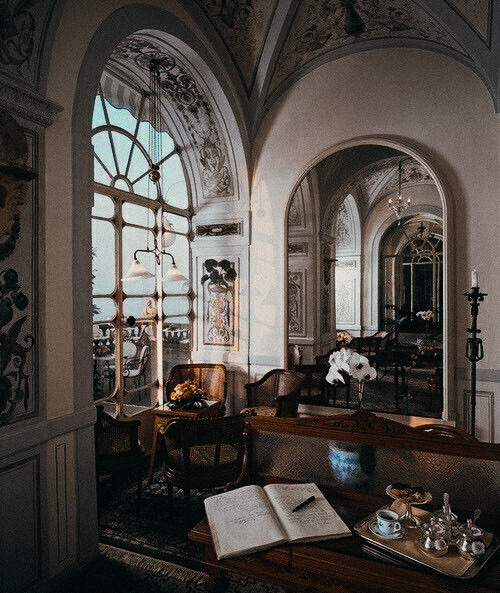



"Hope is a waking dream"
- Aristotle
(a concept playlist)

small talk in french 💬
⭐️ (for beginners) ⭐️
When talking to french people, focus on innocuous topics like the weather, current events (“avez-vous lu à propos de..?” Have you read about…?), and cultural topics like food, movies, art, music, and so on. And remember to use vous instead of tu!
I only speak a little French. Je ne parle qu'un peu le français.
I am learning French, but I am only a beginner. J'apprends le français mais je ne suis qu'un débutant.
I have been learning french for 2 days / 2 weeks / 2 months / 1 year / 2 years. J'apprends le français depuis deux jours / deux semaines / deux mois / un an / deux ans.
Will you please correct me? Peux-tu me corriger, s'il te plaît?
What does ___ mean? Que veut dire ___?
What does that mean? Qu'est-ce que ça veut dire?
Can you explain in French/English to me? Peux-tu m'expliquer en français / anglais?
What does that mean in this context? Qu'est-ce que ça veut dire dans ce contexte?
What is the French word for ___? Quel est le mot français pour ___?
Is this/that correct? C'est juste?
Am I wrong? Je me trompe?/Est-ce que j'ai tort?
Am I correct? Est-ce que j'ai raison?
Do you understand? Est-ce que tu me comprends?
I do not understand. Je ne comprends pas.
I want to improve my level in French. Je veux améliorer mon niveau de français.
I need to practice French. J'ai besoin de pratiquer le français.
Do you have time to speak with me? As-tu le temps de parler avec moi ?
Can you help me to learn French? Peux-tu m'aider à apprendre le français?
Do you mind if we speak in French? Ça te dérange si nous parlons en français?
Can you please speak in French? it helps me to learn. Peux-tu me parler en français s'il te plaît? Ça m'aide à apprendre.
How do you say ’___’ in French? Comment dit-on ’___’ en français ?
I struggle with spelling / reading / writing / listening / pronunciation. J'ai du mal avec l'orthographe / la lecture / l'écriture / la compréhension orale / la prononciation.
Can you please repeat? I did not understand. Pouvez-vous répéter s'il vous plaît ? Je n'ai pas compris.
I don’t speak French fluently. Je ne parle pas couramment le français.
I am confused. Je suis perdu(e).
I don’t know how to say it in French. Je ne sais pas comment le dire en Français,
Sorry (or ‘pardon’), what did you say? Pardon, qu'est-ce que tu as dit?
I’ve never heard of that. Je n'ai jamais entendu ça.
That makes sense. Ça se tient.
That does not make sense. Ça n'a aucun sens.
What’s happening? / What’s going on? Qu'est-ce qui se passe?
What do you mean by ’___’ ? Qu'est-ce que tu entends par ’___’? / Qu'est-ce que tu veux dire par ’___’?
⭐️ Personal Stuff ⭐️
Here is a list of phrases you can use and practice when giving and asking for personal information. Take note that the list makes use of the formal “vous”.
Comment vous appelez-vous? What is your name?
Je m'appelle Christine. My name is Christine.
Quel est votre nom? What is your name?
Comment allez-vous? How are you?
Je vais bien, merci. I am doing well, thank you.
Très bien, merci. Very well, thank you.
Quel âge avez-vous? How old are you?
J'ai # ans. I am # years old.
J'ai trente ans. I am thirty years old.
J'ai quarante-deux ans. I am forty two old.
Quelle est votre nationalité? What is your Nationality?
Je suis canadien(ne). I am Canadian.
Je suis américain(e). I am American.
Je suis chinois(e). I am Chinese.
Je suis coréen(ne). I am Korean.
Où habitez-vous? Where do you live?
J'habite en Californie. I live in California.
Quel est votre numéro de téléphone? What is your phone number?
Mon numéro de téléphone est le … My phone number is …
Où êtes-vous né(e)? Where were you born?
Je suis né(e) à… I was born in…
Êtes-vous marié(e)? Are you married?
Oui, je suis marié. Yes, I am married
Non, je ne suis pas marié. No, I am not married
Je suis célibataire. I am single
Est-ce que vous avez des frères et soeurs? Do you have any brothers and sisters?
Je suis fille unique. I am an only child/daughter
Je suis fils unique. I am an only child/son
J'ai - frère(s). I have - brother(s).
J'ai - soeur(s). I have - sisters(s).
Je n'ai pas de frères. I don’t have any brothers.
Je n'ai pas de soeurs. I don’t have any sisters.
Quel est votre métier? What is your job?
Quelle est votre profession? What is your profession?
Que faites-vous dans la vie? What do you do for a living?
Je suis ingénieur. I am an engineer.
Je suis boulanger/boulangère. I am a baker.
Je suis médecin. I am a doctor.
Je suis infirmier/infirmière. I am a nurse.
⭐️ Interests ⭐️
Quel est votre sport préféré? What is your favorite sport? (formal)
Quel est ton sport préféré?
What is your favorite sport? (informal)
Mon sport préféré est… My favorite sport is….
J'aime faire du sport et garder la forme. I like to do sports to keep fit.
Quelle saison préférez-vous? What season do you prefer? (formal
Quelle saison préfères-tu? What season do you prefer? (What season is your favorite?) (informal)
Quels sont vos passe-temps préférés? What are your favorite pastimes? (formal)
Quels sont tes passe-temps préférés? What are your favorite pastimes? (informal)
Mes passe-temps préférés sont… My favorite pastimes are…
Qu'est-ce que vous faites dans votre temps libre? What do you do in your free time? (formal)
Qu'est-ce que tu fais dans ton temps libre? What do you do in your free time? (informal)
Est-ce que vous avez un animal de compagnie? Do you have a pet?(formal)
Est-ce que tu as un animal de compagnie? Do you have a pet? (informal)
Non, Je n'ai pas un animal de compagnie. No, I don’t have a pet.
Oui, J'ai un chat. Yes, I have a cat.
Oui, J'ai un chien.Yes, I have a dog.
Qu'est-ce que vous aimez? What do you like?
J'aime le jazz. I like jazz.
J'aime le rock. I like rock.
J'aime le hip-hop. I like hip-hop.
Je n'aime pas le rap. I don’t like rap.
Je n'écoute pas de la musique très souvent. I don’t listen to music very often.
J'aime les films d'amour. I like romance films.
J'aime les films d'aventures. I like adventure films.
Je n’aime pas faire du ski. I don’t like skiing.
Qu'est-ce que vous aimeriez faire dans la vie? What would you like to do in life ?
J'aimerais être chef. I would like to be a chef.
J'aimerais être un bibliothécaire. I would like to be a librarian.
-
 hipsterg reblogged this · 2 years ago
hipsterg reblogged this · 2 years ago -
 hipsterg liked this · 2 years ago
hipsterg liked this · 2 years ago -
 morning-rain-and-coffee reblogged this · 2 years ago
morning-rain-and-coffee reblogged this · 2 years ago -
 afantasylife reblogged this · 2 years ago
afantasylife reblogged this · 2 years ago -
 loveherflaws reblogged this · 2 years ago
loveherflaws reblogged this · 2 years ago -
 winter-ghost reblogged this · 3 years ago
winter-ghost reblogged this · 3 years ago -
 catjpg reblogged this · 3 years ago
catjpg reblogged this · 3 years ago -
 heaven-and-nature-sing reblogged this · 3 years ago
heaven-and-nature-sing reblogged this · 3 years ago -
 pacificnorthpest reblogged this · 3 years ago
pacificnorthpest reblogged this · 3 years ago -
 maesaidso liked this · 3 years ago
maesaidso liked this · 3 years ago -
 emdroid liked this · 3 years ago
emdroid liked this · 3 years ago -
 thatcreepyplacewithallthecrows reblogged this · 3 years ago
thatcreepyplacewithallthecrows reblogged this · 3 years ago -
 itistimeformistletoeandholly reblogged this · 3 years ago
itistimeformistletoeandholly reblogged this · 3 years ago -
 maria-pal liked this · 3 years ago
maria-pal liked this · 3 years ago -
 annoyinglyimportantlove liked this · 3 years ago
annoyinglyimportantlove liked this · 3 years ago -
 kyladactyl30 liked this · 3 years ago
kyladactyl30 liked this · 3 years ago -
 apple-strudel liked this · 3 years ago
apple-strudel liked this · 3 years ago -
 button-brains reblogged this · 4 years ago
button-brains reblogged this · 4 years ago -
 rainypups liked this · 4 years ago
rainypups liked this · 4 years ago -
 garlandwreaths reblogged this · 4 years ago
garlandwreaths reblogged this · 4 years ago -
 hoardersunlimited liked this · 4 years ago
hoardersunlimited liked this · 4 years ago -
 felioness reblogged this · 4 years ago
felioness reblogged this · 4 years ago -
 c-h-a-r-m-necklace reblogged this · 4 years ago
c-h-a-r-m-necklace reblogged this · 4 years ago -
 just-live-your-dreamss liked this · 4 years ago
just-live-your-dreamss liked this · 4 years ago -
 iamadrid reblogged this · 4 years ago
iamadrid reblogged this · 4 years ago -
 iamadrid liked this · 4 years ago
iamadrid liked this · 4 years ago -
 choziest reblogged this · 4 years ago
choziest reblogged this · 4 years ago -
 dyhlanobrien reblogged this · 4 years ago
dyhlanobrien reblogged this · 4 years ago -
 from1837to1945 liked this · 4 years ago
from1837to1945 liked this · 4 years ago -
 maerdot reblogged this · 4 years ago
maerdot reblogged this · 4 years ago -
 peggyjeanvintage liked this · 4 years ago
peggyjeanvintage liked this · 4 years ago -
 panditaaaaaaaaaaaa liked this · 4 years ago
panditaaaaaaaaaaaa liked this · 4 years ago -
 theblogofwildfellhall reblogged this · 4 years ago
theblogofwildfellhall reblogged this · 4 years ago -
 hmousikhdenexeiopwskiextesruthmo reblogged this · 4 years ago
hmousikhdenexeiopwskiextesruthmo reblogged this · 4 years ago -
 safari-eyes reblogged this · 4 years ago
safari-eyes reblogged this · 4 years ago -
 lexylola reblogged this · 4 years ago
lexylola reblogged this · 4 years ago -
 datfreakshow liked this · 4 years ago
datfreakshow liked this · 4 years ago -
 miras-cottage-dreams reblogged this · 4 years ago
miras-cottage-dreams reblogged this · 4 years ago -
 day-destroys-thenight liked this · 4 years ago
day-destroys-thenight liked this · 4 years ago -
 1-800missurguts reblogged this · 4 years ago
1-800missurguts reblogged this · 4 years ago -
 three-thirteens reblogged this · 4 years ago
three-thirteens reblogged this · 4 years ago -
 bacele66 liked this · 4 years ago
bacele66 liked this · 4 years ago -
 itistimeformistletoeandholly reblogged this · 4 years ago
itistimeformistletoeandholly reblogged this · 4 years ago -
 blushbitten liked this · 4 years ago
blushbitten liked this · 4 years ago
Emma. 27. A blog for Classic Literature, language learning, flowers, and aesthetic
117 posts
